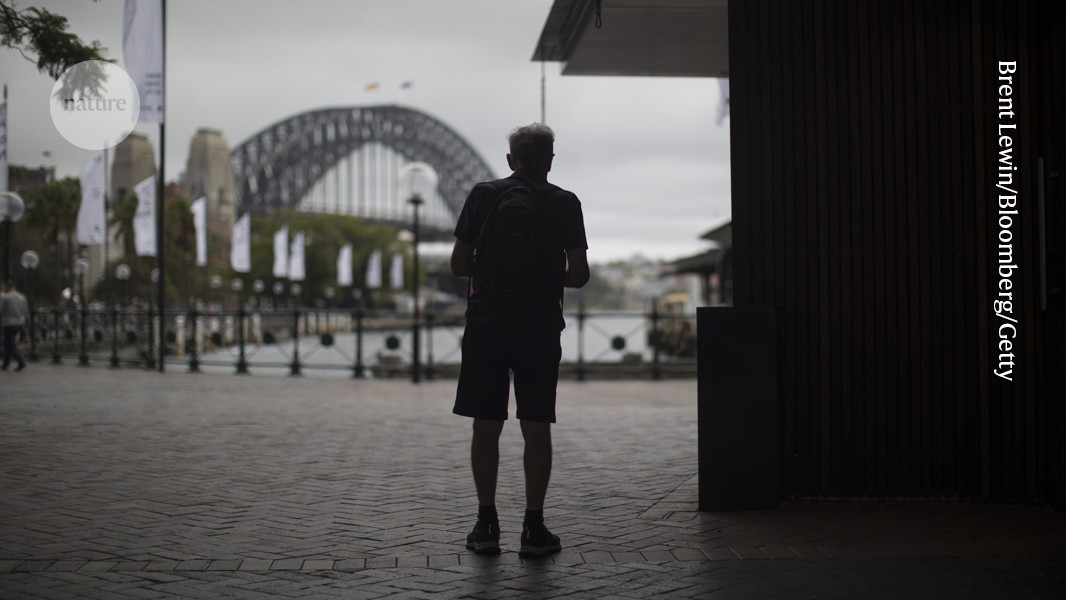fromMail Online
22 hours agoFoods that can help you live LONGER: Quinoa for women, coffee for men
Their analysis of more than 100,000 people in the UK found that women should stick to the 'Alternate Mediterranean Diet' while the ' Diabetes Risk Reduction Diet' is most beneficial for men. Both have similarities, including eating more fruits, vegetables and healthy fats while avoiding processed meats. However there are key differences - mainly that women should emphasize the high consumption of whole grains such as quinoa, brown rice and oats. Meanwhile, it's more important for men to drink coffee and avoid sugary drinks, the study showed.
Public health




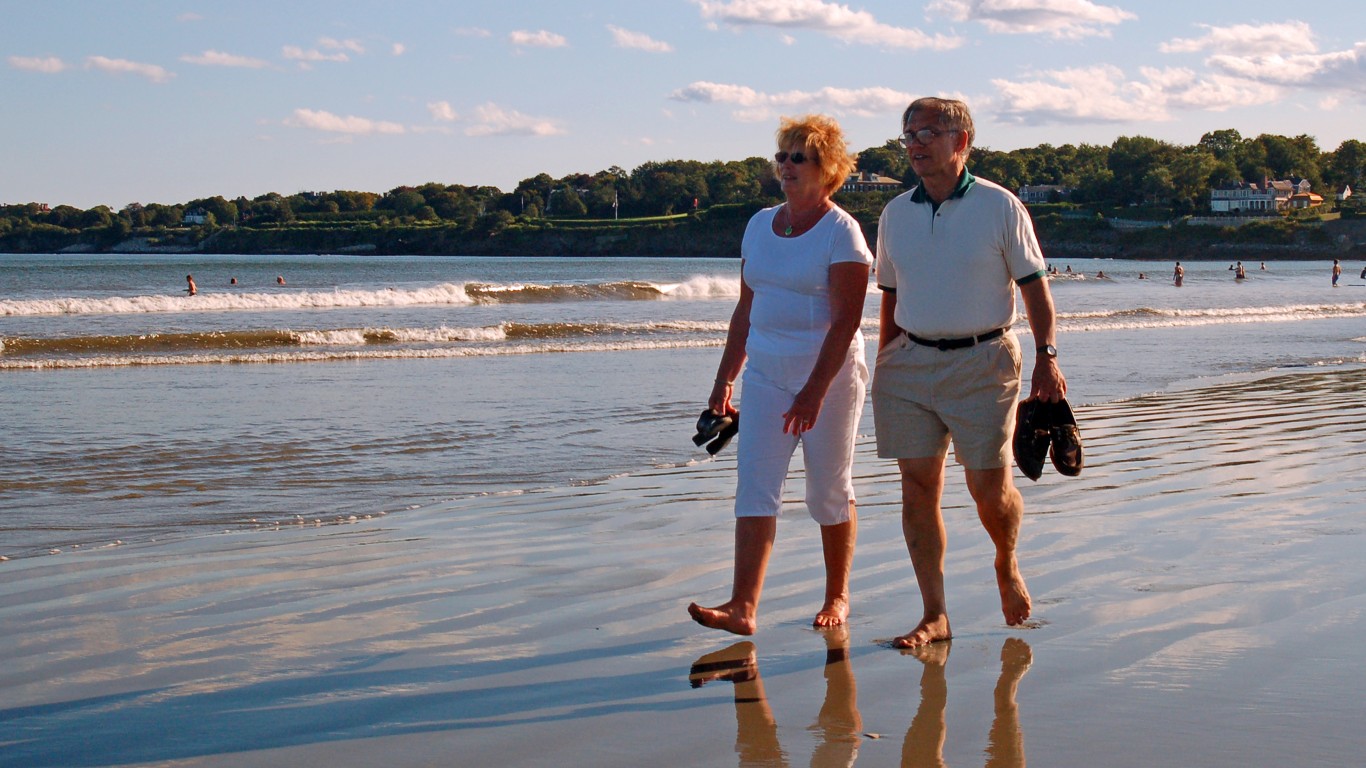

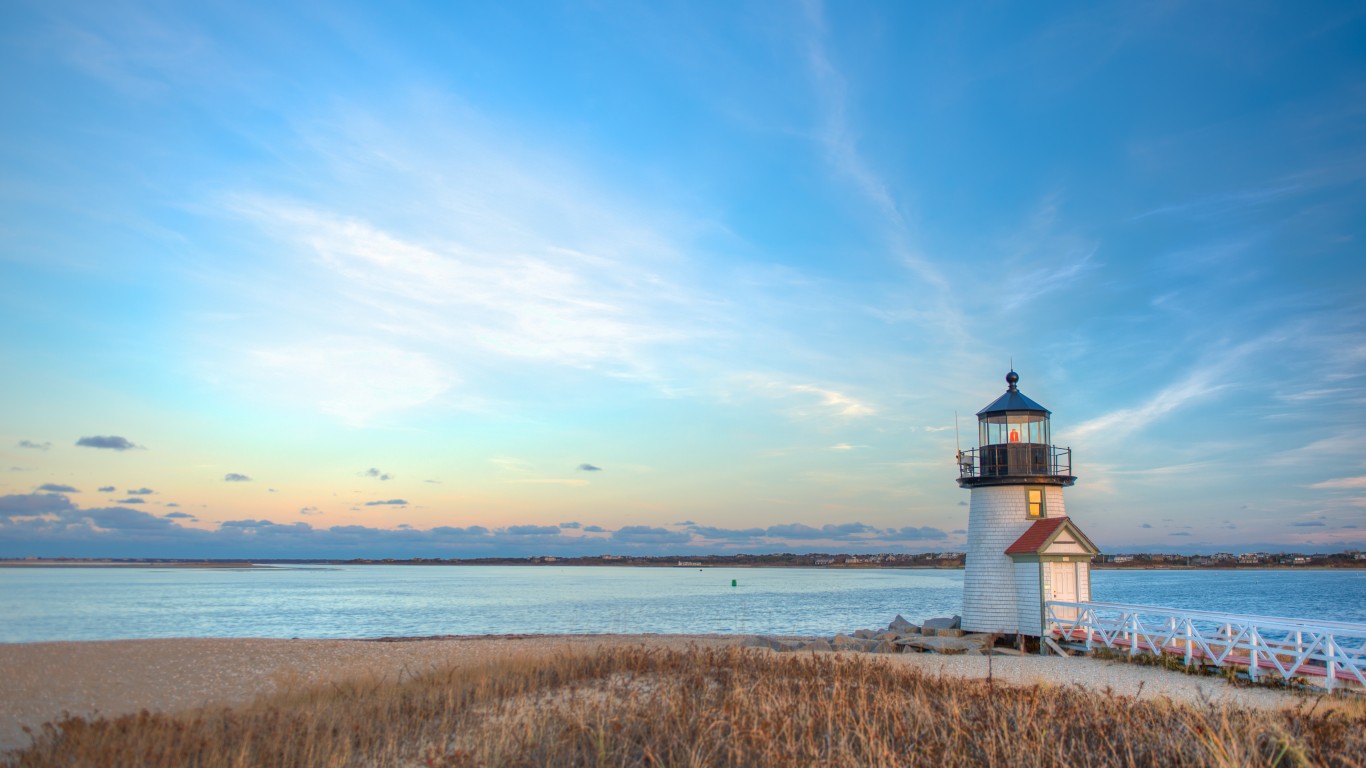

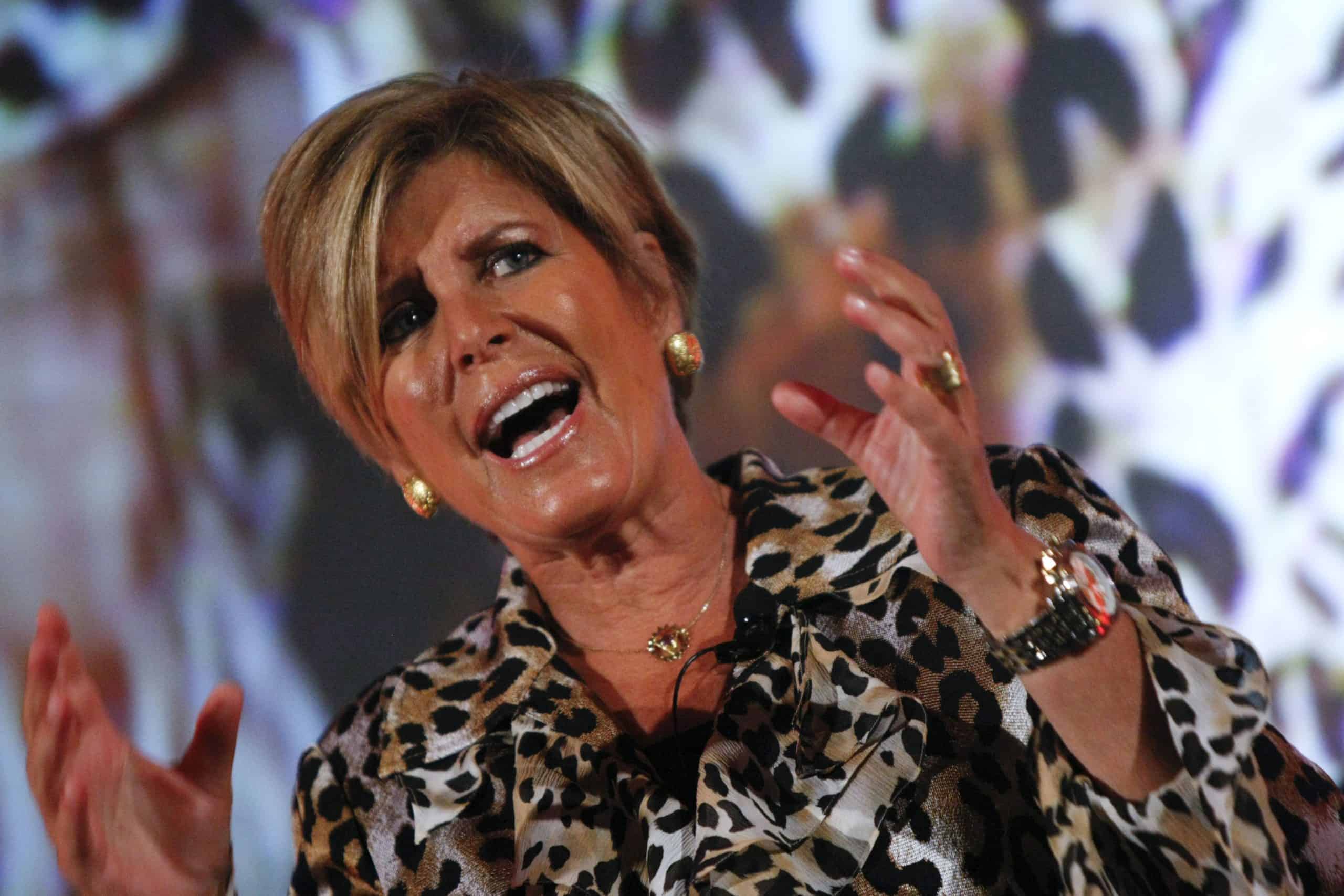


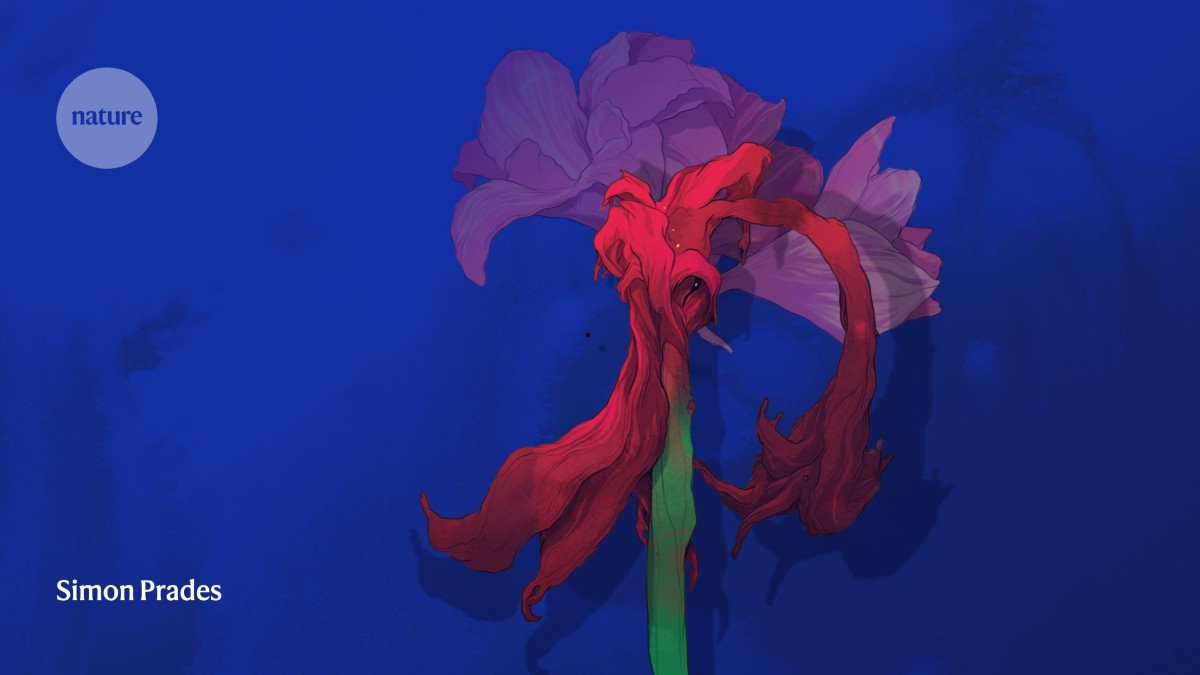
:max_bytes(150000):strip_icc()/TAL-luxembourg-RETIRE4HEALTH1025-ceb95a6937224bacb65f0c418bd802b9.jpg)
:max_bytes(150000):strip_icc()/TAL-two-women-horses-nebraska-WOMENRETIRE0425-48432bb500d148a08d75bbcef890e3f1.jpg)


